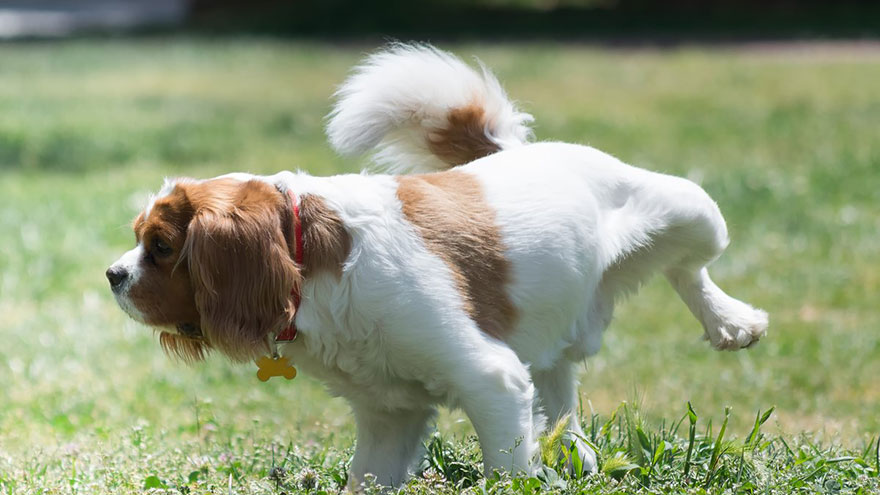Lack of Urination in Dogs
When a dog is not producing any urine, the most likely culprit is anuria. Anuria is a total suppression of the production of urine by the dog’s kidneys. Healthy kidneys produce between 1 and 2 ml of urine for every kilogram of body weight on an hourly basis, but if less is being produced then the pet is considered to be oliguric.

Causes
The most common cause for anuria is acute kidney failure. A urinary obstruction will also cause a lack of urination in dogs, but only in the inability to pass the urine, not the inability to produce it. Anuria is specifically a lack of the ability to produce urine, and the treatment for this condition is different from the treatment for urinary obstruction.
The causes of acute kidney failure include antifreeze poisoning, high blood calcium, dehydration, drug poisoning, Addison’s disease, blood clot, congestive heart failure and infection.
Symptoms
There are several symptoms pertaining to urination problems in dogs in addition to an absence of urination. You should also watch out for signs of weakness or dehydration, a lack of appetite or changes in eating habits, vomiting or diarrhea and collapse. These symptoms may point to a number of different health conditions, but when combined with an inability to urinate the diagnosis becomes clearer.
Diagnosis
If the dog is straining to pass urine, the most likely culprit is a urinary obstruction rather than anuria. Dogs with anuria are not producing urine at all, so they do not experience the urge to urinate at all. The first step to diagnosis is a physical examination. The veterinarian will address dehydration and depression and will do an abdominal palpation to confirm that the bladder is empty.
The veterinarian may also note painful and swollen kidneys during the diagnosis. Once anuria is diagnosed, the veterinarian will want to diagnose the cause of the kidney failure through the use of blood tests, ultrasound, radiographs, biopsy and specialized blood tests.
Treatment
Treatment begins with intravenous fluids, monitoring the fluid levels carefully to avoid overhydrating. The veterinarian will also administer medications intended to stimulate the production of urine such as Dextrose and Mannitol. Mannitol is introduced into the bloodstream, increasing the flow of blood to the kidneys to improve their function.
Dextrose is administered in a concentrated dose to produce urine flow within a period of 60 minutes or so. Furosemide and Dopamine are also administered in some circumstances to improve kidney function, improving the ability to pass urine.
Home Care
Home care is not possible with anuria, because intravenous fluids and medical care are mandatory. Treatment has to begin as soon as possible in order to give the dog a fair chance of recovering. It is vital to provide the dog with clean and fresh water at all times. If the dog appears ill, dehydrated, under weight or otherwise in distress, it is important to see a veterinarian as soon as possible as a failure of the kidneys is serious and can cause death.
You Might Also Like :: Muscular Diseases in Dogs

